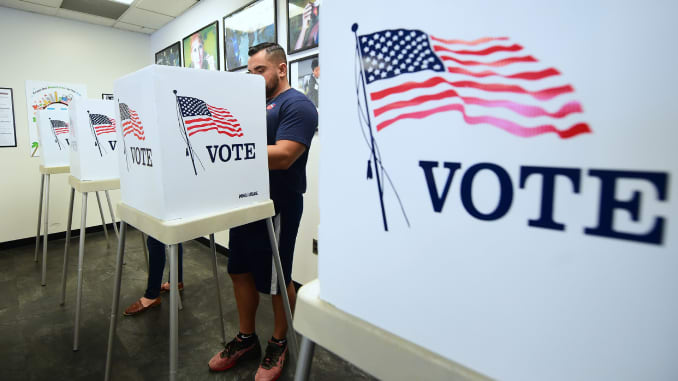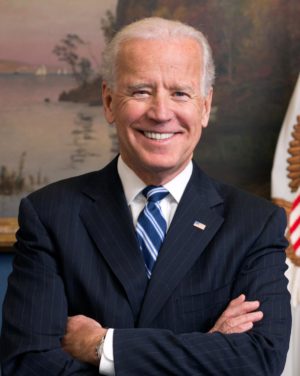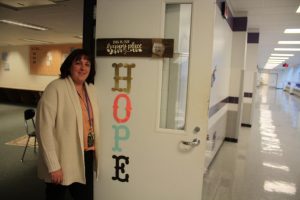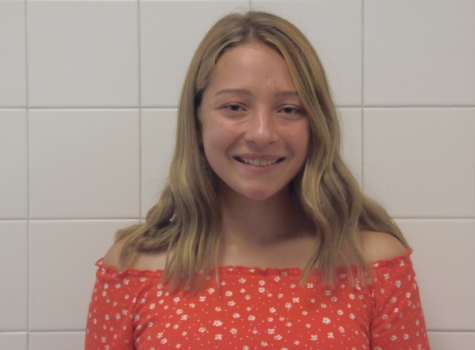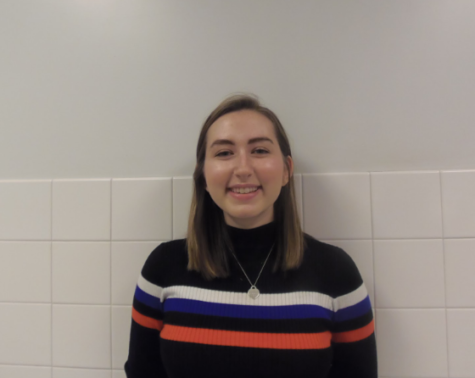Gen Z reaches voting age
Generation Z is now voting age and looking closely at issues like immigration, climate change and gun control.
February 5, 2020
With the Internet and social media at their fingertips, members of Generation Z have become more politically aware and involved than recent generations, taking part in online and real-world debates and protests about gun control, climate change, and human rights.
The question is: Will they actually go to the polls and vote in the 2020 presidential primaries and general election?
If they do, they will be bucking a trend in which younger people traditionally have skipped voting opportunities, while older people have voted at much higher percentages.
In the 2016 presidential election, 71 percent of citizens 65 years old and older showed up to vote, a total that was much larger than the 46 percent turnout of 18- to 29-year-olds, according to the Census Bureau.
But the 2018 midterm elections showed a potential shift, with 36 percent of the 18-29 age group voting, up from 20 percent during the previous midterm election.
The majority of Baldwin High School’s seniors this year, along with some older juniors, will be eligible to vote in the 2020 presidential election. Some of them say they are ready.
“The best way young people can help in the next election is to simply vote,” senior Bailey Golvash said.
With less than a year until the general election, many students are following the candidates from both parties closely.
Golvash keeps up with the presidential campaigns through her AP Government class and by watching the Democratic debates and impeachment hearings.But in voting for the next president, she wants to see someone who brings more unity to the country than President Donald Trump.
“We need someone more moderate to beat Trump in the next election,” Golvash said.
Golvash intends to vote for any Democrat who wins the nomination.
Senior Logan Hails agreed.
“I want the person in charge of our country to be more accepting and loving, someone who will listen to new ideas and make things happen, and who will bring everyone back together,” Hails said.
Senior Joey Weber, who is a Republican, will be voting for Trump. He wants “to see someone who knows how to lead us in the right direction.”
However, Weber would like to see more moderate policies in Trump’s next term if he is re-elected.
The government should “implement some form of gun control that doesn’t involve banning guns or taking guns away from people completely,” Weber said.
“I also would like to see everyone have an equal opportunity in life with jobs, education, and being successful.”
Senior Emily Rauch agreed.
Rauch said Trump appeals to voters with his “push for creating new American jobs for the citizens of our country, and his focus on bettering the economy through these job opportunities, American manufacturing, and new trade deals.”
Whether or not the candidate she votes for wins, Rauch wants to see policies enacted that bring greater peace.
“Ultimately, I think avoiding war should be the biggest concern of our country,” Rauch said. “I hope whoever is in office next term can do something to resolve the unrest in our country’s foreign affairs.”
Physics teacher Beth Giles has voted in every election since she was eligible. She said young people need to vote.
“Overall, the younger kids today should be informed and vote, know the issues going on, know the candidates, and make themselves heard,” Giles said.
Back in the day, voting was only considered the norm if a teen’s family was passionate about it, Giles said. Also, the only way to get information on candidates was either through the TV news or the newspaper.
“Now the younger generations can immediately learn news through social media, causing more social pressure around voting,” Giles said.
English teacher Dr. Lisa Klein, though, said social media also can create problems, since people sometimes surround themselves with biased reports.
“Now there is 24/7 news, but they can lose the balance of unbiased information, and they can solely focus on their own perspective,” Klein said.
To help mend the growing national divide, one first step would be having people of all ages going to vote, the staff and students agreed.
“It’s an important American duty, and everyone should participate in our democracy,” Golvash said.


